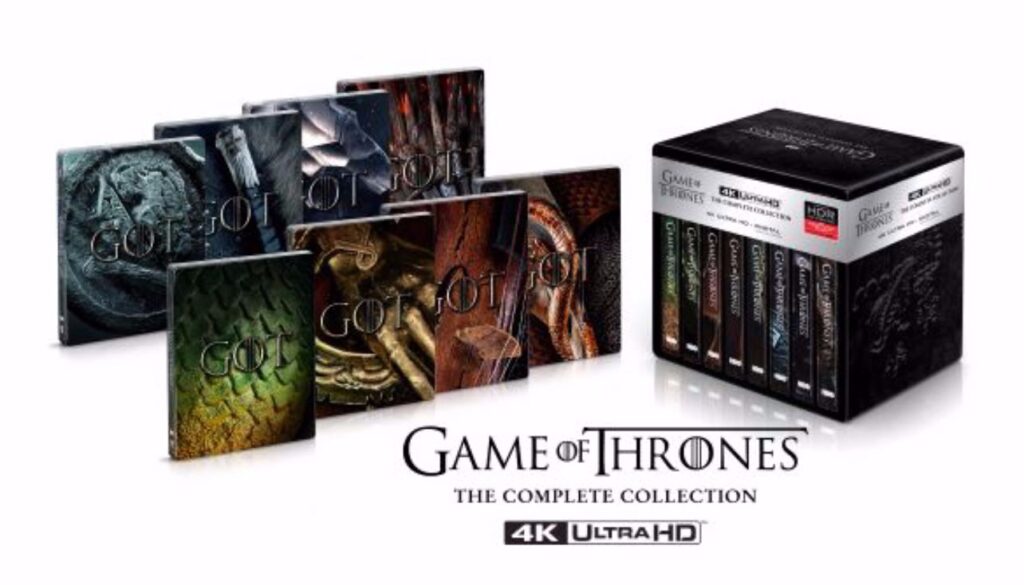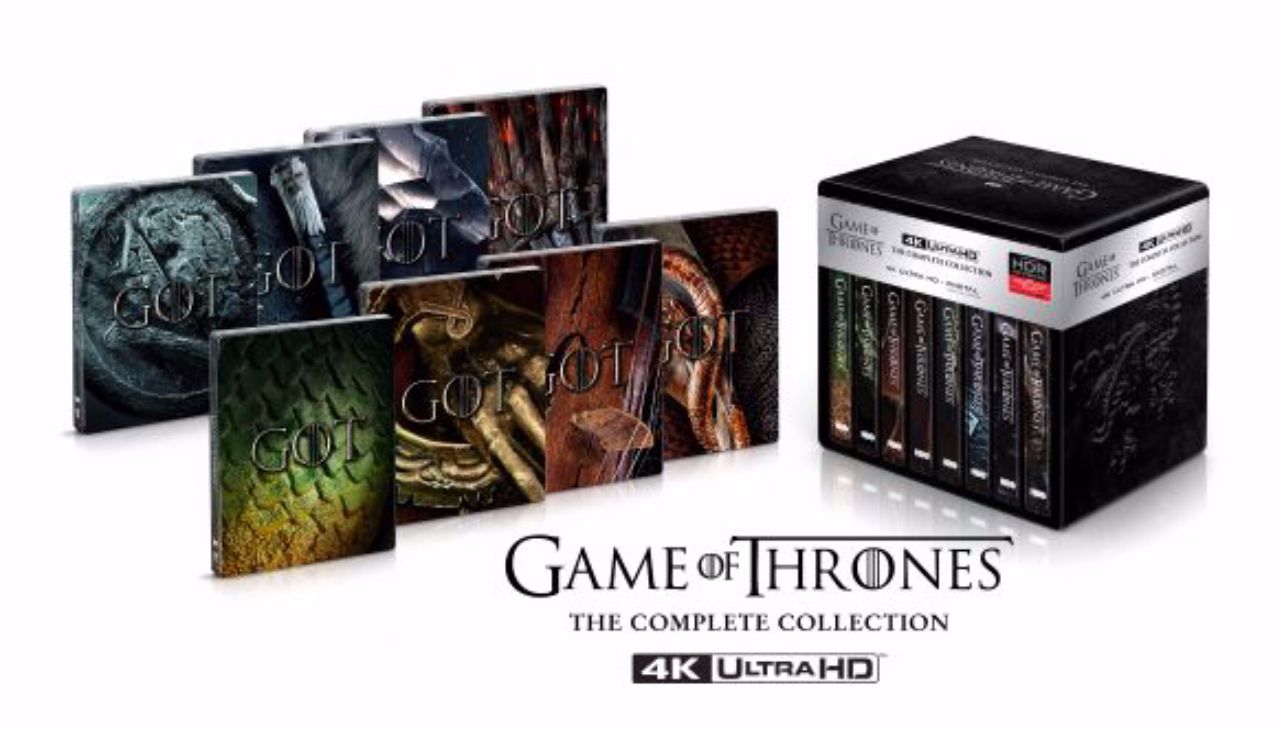
Unraveling the Timeline: What Year is Game of Thrones Set In?
The world of Westeros, with its intricate political machinations, epic battles, and fantastical creatures, has captivated audiences worldwide. A common question that arises among viewers and readers alike is: what year is Game of Thrones set in? The answer, however, is not as straightforward as pinpointing a specific date in Earth’s history. Game of Thrones is a work of fantasy, and as such, it exists in its own self-contained timeline, drawing inspiration from various historical periods but not directly mirroring any single one.
The Inspired History of Westeros
George R.R. Martin, the author of the *A Song of Ice and Fire* book series upon which the television show is based, has openly discussed the historical influences that shaped his world. The Wars of the Roses, a series of dynastic wars fought in England during the 15th century, is perhaps the most prominent inspiration. The conflict between the Houses of Lancaster and York, vying for the English throne, finds a parallel in the struggles between the Houses Stark and Lannister in Game of Thrones. The red wedding is inspired by the Black Dinner and the Glencoe Massacre of Scottish history.
However, the world of Westeros and its Game of Thrones timeline is not a direct copy of any particular historical period. Martin has blended elements from various eras and cultures, creating a unique and immersive setting. The presence of dragons, White Walkers, and magic sets it firmly within the realm of fantasy, distinguishing it from a purely historical narrative. Understanding the influences of real-world events helps to appreciate the complexities of the world of Game of Thrones, but it’s important to remember that it is ultimately a fantasy creation.
The Fictional Calendar of Westeros
While we can’t assign a specific year from our calendar to the events of Game of Thrones, the world of Westeros does have its own system of measuring time. The calendar is based on the reign of Aegon the Conqueror, who united six of the Seven Kingdoms under Targaryen rule. Events are dated as either Before Conquest (BC) or After Conquest (AC). This provides an internal chronology for the events within the story.
The first season of Game of Thrones begins roughly 298 AC. This dating system helps to contextualize events within the history of Westeros, providing a sense of continuity and progression. However, it doesn’t translate to a specific year in our own timeline. The length of seasons, which are unpredictable and can last for years, further complicates any attempt to align Westeros’s chronology with Earth’s.
Key Indicators of the Era
Technology and Society
The technology level in Game of Thrones is roughly equivalent to that of medieval Europe. Characters use swords, bows and arrows, and siege weapons. Communication relies on ravens and messengers. The social structure is feudal, with kings and lords ruling over vassals and commoners. This medieval setting contributes to the gritty realism of the world, despite the presence of fantastical elements.
Culture and Customs
The culture of Westeros is diverse, with each region having its own distinct customs and traditions. The North, for example, adheres to the Old Gods and values honor and loyalty. The South, on the other hand, follows the Faith of the Seven and is known for its chivalry and courtly intrigue. These cultural differences contribute to the conflicts and tensions that drive the plot of Game of Thrones.
Magic and Mythology
Magic plays a significant role in the world of Game of Thrones, although it is not always readily apparent. The presence of dragons, White Walkers, and various forms of sorcery sets it apart from purely historical narratives. These magical elements add a layer of mystery and danger to the story, influencing the actions of characters and the course of events. The return of magic to the world is a gradual process, becoming more prominent as the series progresses.
Why the Ambiguity Matters
The lack of a definitive year in Game of Thrones is not a flaw but rather a deliberate choice by the author. By avoiding a direct correlation to Earth’s history, Martin creates a world that feels both familiar and alien. This allows him to explore universal themes of power, ambition, and morality without being constrained by historical accuracy. The ambiguity also encourages viewers and readers to focus on the characters and their stories, rather than getting bogged down in historical details. [See also: Game of Thrones Character Arcs]
Furthermore, the fictional setting of Game of Thrones allows for greater creative freedom. Martin can introduce elements that would be impossible in a purely historical narrative, such as dragons and White Walkers. This enhances the sense of wonder and excitement, making the world of Westeros all the more captivating. The ambiguity surrounding the timeline also contributes to the sense of realism, as it mirrors the way in which historical events are often shrouded in mystery and uncertainty.
Drawing Parallels to Historical Events
While the timeline of Game of Thrones isn’t directly tied to a specific year, certain events and periods in Earth’s history provide valuable context. The Wars of the Roses, as mentioned earlier, are a clear influence on the conflicts between the Houses Stark and Lannister. The Roman Empire, with its vast territory and complex political system, also offers parallels to the Seven Kingdoms. The Viking Age, with its seafaring raiders and fierce warriors, can be seen in the Ironborn.
By drawing parallels to these historical events, we can gain a deeper understanding of the themes and dynamics at play in Game of Thrones. The struggle for power, the clash of cultures, and the impact of war are all timeless issues that resonate throughout history. By exploring these themes within a fictional setting, Martin is able to offer a fresh perspective on the human condition. [See also: Historical Inspirations in Game of Thrones]
The Enduring Appeal of Westeros
The world of Game of Thrones continues to fascinate audiences years after the conclusion of the television series. Its intricate plot, compelling characters, and richly detailed setting have cemented its place in popular culture. The ambiguity surrounding the timeline only adds to the mystique, encouraging viewers and readers to engage with the story on a deeper level. Whether you’re a fan of history, fantasy, or simply great storytelling, Game of Thrones offers something for everyone.
So, while we can’t definitively say what year is Game of Thrones set in, we can appreciate the rich tapestry of influences and inspirations that have shaped its world. From the Wars of the Roses to the Viking Age, the story draws upon a wide range of historical events and cultural traditions. The result is a fictional world that feels both familiar and utterly unique, a testament to the power of imagination and storytelling.
In conclusion, pinpointing the exact year of Game of Thrones is impossible and ultimately irrelevant. The beauty of the series lies in its ability to transport us to a fantastical world that reflects and refracts our own history and experiences. The question of what year is Game of Thrones set in becomes secondary to the immersive storytelling and the compelling characters that populate Westeros. The magic of Game of Thrones lies not in its historical accuracy, but in its ability to capture the timeless struggles and triumphs of humanity within a world entirely its own. The setting of the story is inspired by a blend of historical periods and is not tied to any one specific time. The first season is roughly 298 AC, but this is within the fictional calendar of Westeros. The question of what year is Game of Thrones set in is therefore not as important as understanding the influences and the world-building that went into creating the setting.
The world of Westeros continues to capture imaginations, and the question of what year is Game of Thrones set in will likely continue to be asked. However, the true answer lies in understanding the influences and the world-building that make the series so compelling. [See also: The World of Ice and Fire: A Detailed Look] The details of the setting, including the question of what year is Game of Thrones set in, are what make the series so immersive and engaging. The ongoing discussions around what year is Game of Thrones set in is a testament to the series’ enduring appeal and its ability to spark curiosity and engagement among fans. The question of what year is Game of Thrones set in is ultimately a question about the world-building and the influences that shaped the series. The fact that fans continue to ask what year is Game of Thrones set in highlights the importance of the setting and the world-building to the series’ overall success.

